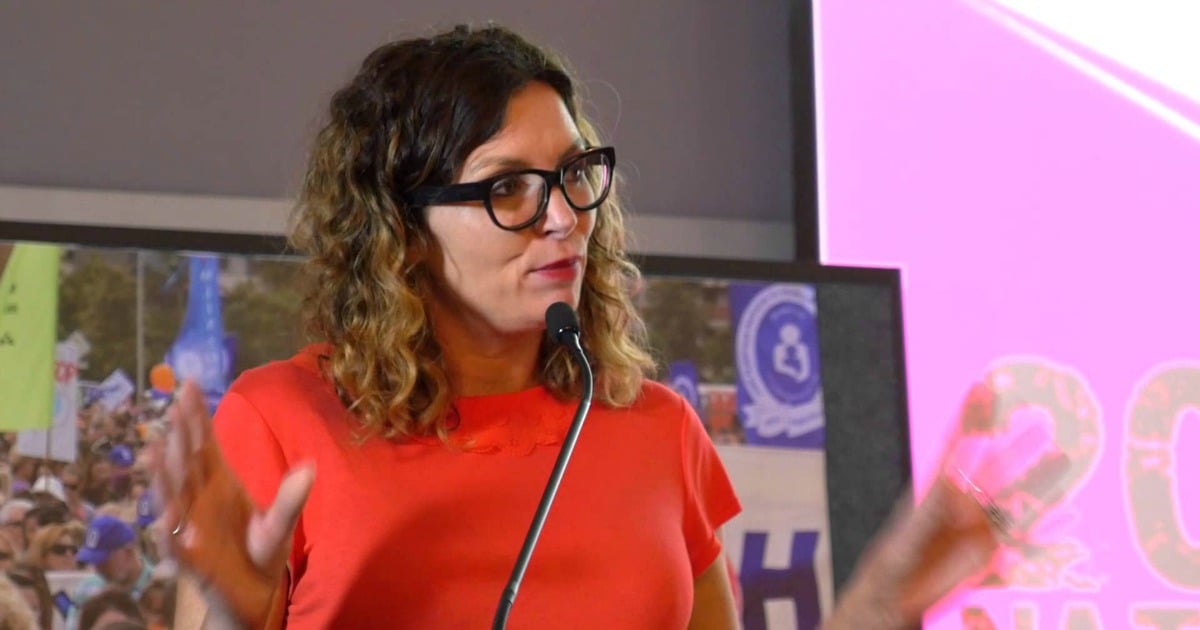They say loss makes you stronger. Undoubtedly it changes you, but I’m not sure it’s always for the better. Of course, we’d like to think that somehow something good comes from it. But I wonder if that is simply a fairy story we tell ourselves.
Loss makes you scared. It’s only once you have lost that you truly understand that you can lose again. Until that happens, the concept of loss is hypothetical and therefore the fear cannot be as intense. For me, loss made me overly fearful to the point where I developed a series of debilitating phobias. I always thought the worst would happen because, for me, it actually had.
In your rewired post-loss brain you are always on hyper-alert for things to go wrong. As if somehow by seeing them earlier you can stop them, either by fighting back sooner or by running away more quickly. An overdeveloped fight-or-flight reflex.
What I eventually learnt, through the help of psychologists and my own experience, was that living in constant fear has no impact on whether or not the worst will happen. It just means you live scared and tired a lot of the time. And it is so very tiring to be always on the lookout for something to go wrong. For the plane to crash, for the spot to be cancerous, for the man next to you on the train to have a bomb.
Ironically, people would often say how I was strong and brave and outspoken but inside I felt none of that. I felt I was leading a double life.
I grew up in what from the outside looked like a normal home. It was large and beautiful and very, very clean (my mother had a ‘thing’ about mess. I unfortunately did not inherit this ‘thing’). We were polite, well dressed, well spoken and well educated. We were comfortable, not rich; we lived in Hampton, which back then was Brighton’s poorer cousin.





























































































